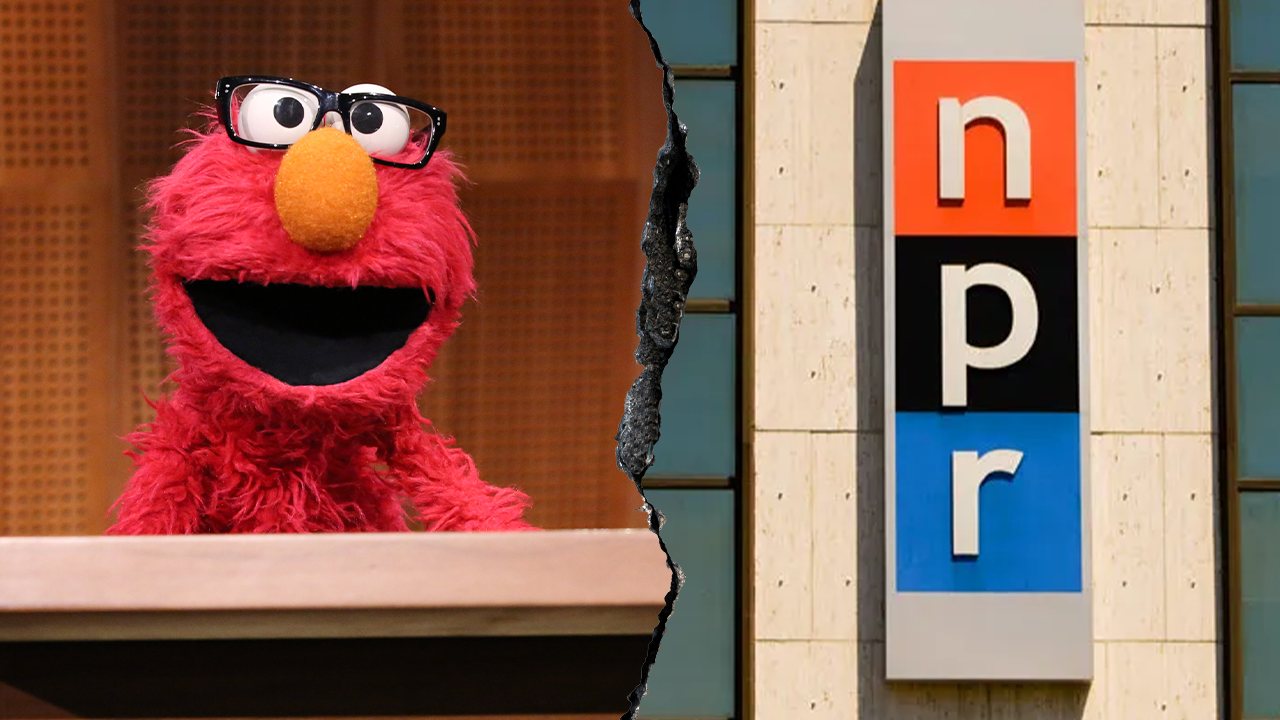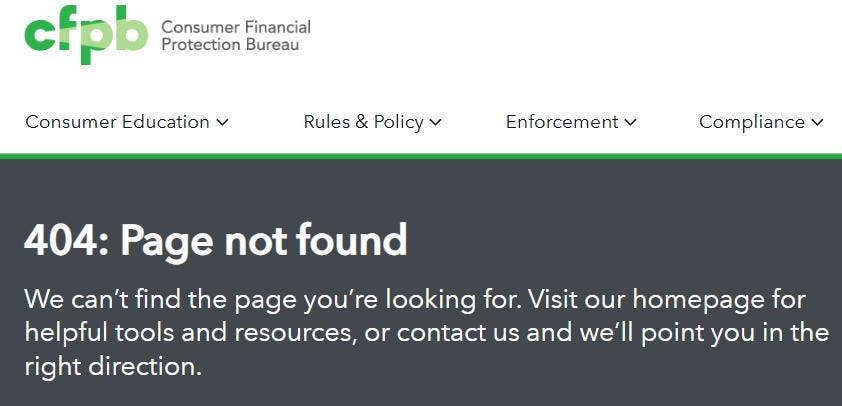Politics
GOP lawmakers set sights on PBS, NPR amid Trump’s DOGE crackdown

Renewed Efforts to Defund NPR and PBS Amid Political Shifts
Republicans in Congress are reigniting their push to strip federal funding from National Public Radio (NPR) and the Public Broadcasting Service (PBS), two of the nation’s most prominent publicly funded media outlets. Leading this effort is Rep. Claudia Tenney (R-N.Y.), who has introduced a bill in the House of Representatives aimed at halting taxpayer dollars from flowing to these organizations. Instead, the funds would be redirected toward reducing the national debt. A similar bill is being spearheaded in the Senate by Sen. Mike Lee (R-Utah). These legislative moves reflect a broader Republican frustration with what they perceive as liberal bias in these outlets, as well as a desire to curb government spending on programs they deem unnecessary or politically motivated.
Rep. Tenney, a former newspaper owner and publisher, emphasized her perspective on the role of media in a statement to Fox News Digital. “As a former newspaper owner and publisher, I understand the vital role of balanced, non-partisan media. Unfortunately, these taxpayer-funded outlets have chosen advocacy over accuracy, using public dollars to promote a political agenda rather than report the facts,” she said. Sen. Lee echoed similar sentiments, arguing that Americans have access to hundreds of news sources and no longer need taxpayer-funded media outlets like NPR and PBS. “PBS and NPR are free to compete in the marketplace of ideas using donations, but their public subsidy should end,” Lee stated.
A Long-Standing Debate Over Federal Funding and Bias
The Republican Party has long targeted NPR and PBS, accusing both organizations of advancing a liberal agenda while relying on federal funds. This criticism has persisted for decades, with conservatives arguing that these outlets fail to maintain the impartiality expected of taxpayer-supported institutions. Despite these accusations, both NPR and PBS maintain that they strive for journalistic integrity and non-partisanship, offering programming and reporting that cater to a diverse audience.
The financial relationship between these outlets and the federal government is more complex than it appears. For instance, less than 1% of NPR’s funding comes directly from federal appropriations. However, a significant portion of its budget is indirectly tied to government funds, such as grants and allocations to local member stations, which in turn pay fees to NPR. Similarly, PBS receives federal funds through various channels, though the exact proportion of its budget tied to government funding is not as clearly defined. Corporate sponsorships and donations also play a substantial role in financing both organizations, with over a third of NPR’s funding coming from corporate sponsors.
The Trump Administration’s Role in the Funding Debate
The current push to defund NPR and PBS coincides with the Trump administration’s broader efforts to reshape the federal bureaucracy and curb government spending on programs it deems misaligned with its priorities. Elon Musk, a key figure in Trump’s Department of Government Efficiency (DOGE) initiative, has been a vocal critic of NPR. Earlier this month, Musk called for the defunding of NPR on his social media platform, X, writing, “Defund NPR. It should survive on its own.” Additionally, Musk briefly labeled NPR as “State-Affiliated” on X, a designation typically reserved for media outlets tied to authoritarian governments. This move was widely seen as a thinly veiled criticism of NPR’s perceived political leanings.
Rep. Marjorie Taylor Greene (R-Ga.), who chairs the DOGE subcommittee under the House Oversight Committee, has also taken aim at NPR and PBS. Greene has expressed her intent to summon the heads of both organizations to testify before her panel, signaling a new level of scrutiny for these outlets. These actions underscore the Administration’s intent to challenge institutions it perceives as promoting a liberal agenda, while also highlighting the broader Republican strategy to limit government spending on non-essential programs.
The Broader Implications for Public Media and Beyond
The debate over federal funding for NPR and PBS raises important questions about the role of public media in a democratic society. While critics argue that these outlets should operate independently of taxpayer support, proponents contend that federal funding is essential to maintaining their independence and ensuring access to high-quality, non-commercial programming for all Americans. The current efforts to defund NPR and PBS are part of a larger conversation about the role of government in supporting public institutions, as well as the perceived political bias of media organizations in an increasingly polarized landscape.
As the legislative battle over NPR and PBS funding continues to unfold, it remains to be seen whether Republican lawmakers will succeed in their efforts to strip federal support for these organizations. What is clear, however, is that this debate reflects deeper tensions over media bias, government spending, and the role of public institutions in American society. The outcome of this fight could have significant implications not only for NPR and PBS but also for the broader landscape of public media in the United States.
-

 Money3 days ago
Money3 days agoConsumer Financial Protection Bureau Adds Error Message To Home Page
-

 Money2 days ago
Money2 days agoWinning Content Strategies For Wealth Managers
-

 Australia1 day ago
Australia1 day agoTropical Cyclone Zelia intensifies to category 2 storm
-

 Asia1 day ago
Asia1 day agoWhat you need to know about 2024 YR4, the asteroid that could hit Earth in about eight years’ time
-

 Entertainment19 hours ago
Entertainment19 hours agoPrince Harry and Meghan Markle’s Best Moments and Photos From the 2025 Invictus Games
-

 Australia13 hours ago
Australia13 hours agoTropical Cyclone Zelia intensifies to category five system off Pilbara coast
-

 Politics1 day ago
Politics1 day agoDozens of religious groups sue to stop Trump admin from arresting migrants in places of worship
-

 Entertainment3 days ago
Entertainment3 days agoEvery Celebrity Who Attended the 2025 Super Bowl: A Guide to the A-Listers at the Big Game

















